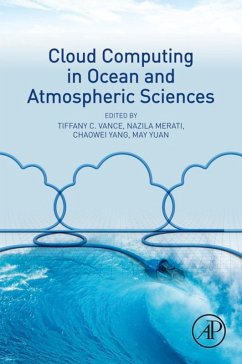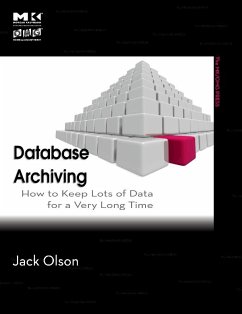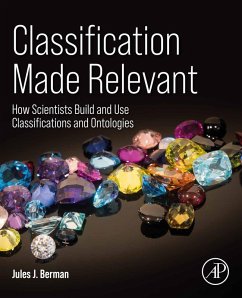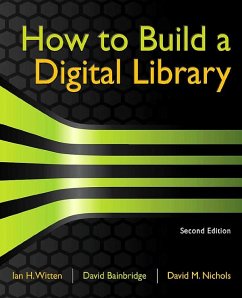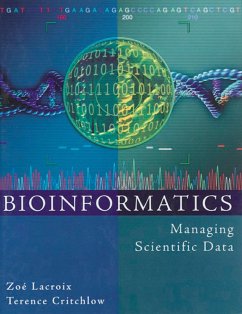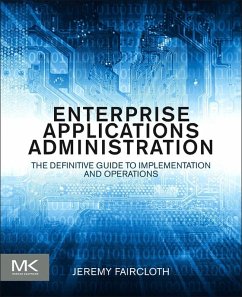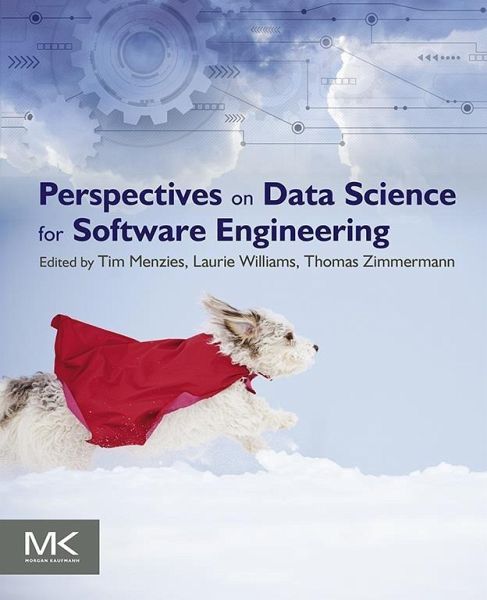
Perspectives on Data Science for Software Engineering (eBook, ePUB)
Versandkostenfrei!
Sofort per Download lieferbar
37,95 €
inkl. MwSt.
Weitere Ausgaben:

PAYBACK Punkte
19 °P sammeln!
Perspectives on Data Science for Software Engineering presents the best practices of seasoned data miners in software engineering. The idea for this book was created during the 2014 conference at Dagstuhl, an invitation-only gathering of leading computer scientists who meet to identify and discuss cutting-edge informatics topics. At the 2014 conference, the concept of how to transfer the knowledge of experts from seasoned software engineers and data scientists to newcomers in the field highlighted many discussions. While there are many books covering data mining and software engineering basics...
Perspectives on Data Science for Software Engineering presents the best practices of seasoned data miners in software engineering. The idea for this book was created during the 2014 conference at Dagstuhl, an invitation-only gathering of leading computer scientists who meet to identify and discuss cutting-edge informatics topics. At the 2014 conference, the concept of how to transfer the knowledge of experts from seasoned software engineers and data scientists to newcomers in the field highlighted many discussions. While there are many books covering data mining and software engineering basics, they present only the fundamentals and lack the perspective that comes from real-world experience. This book offers unique insights into the wisdom of the community's leaders gathered to share hard-won lessons from the trenches. Ideas are presented in digestible chapters designed to be applicable across many domains. Topics included cover data collection, data sharing, data mining, and how to utilize these techniques in successful software projects. Newcomers to software engineering data science will learn the tips and tricks of the trade, while more experienced data scientists will benefit from war stories that show what traps to avoid. - Presents the wisdom of community experts, derived from a summit on software analytics - Provides contributed chapters that share discrete ideas and technique from the trenches - Covers top areas of concern, including mining security and social data, data visualization, and cloud-based data - Presented in clear chapters designed to be applicable across many domains
Dieser Download kann aus rechtlichen Gründen nur mit Rechnungsadresse in A, B, BG, CY, CZ, D, DK, EW, E, FIN, F, GR, HR, H, IRL, I, LT, L, LR, M, NL, PL, P, R, S, SLO, SK ausgeliefert werden.




